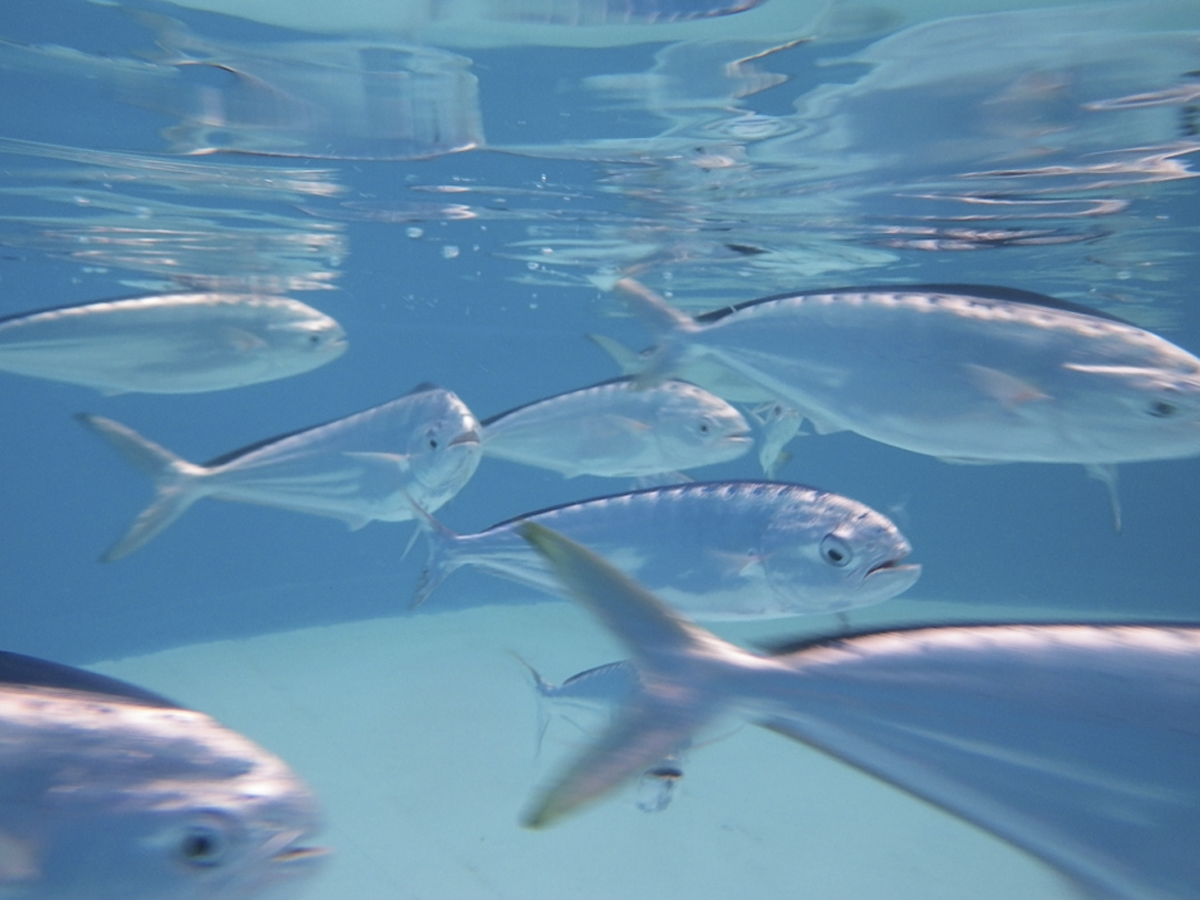
UCR researchers will receive $835,000 of a $9 million grant over a span of three years to study the cardiovascular effects of the 2010 Deepwater Horizon Oil Spill on two species of fish, the coastal redfish and pelagic mahi mahi. The rest of the grant will go to the University of Miami — who is leading the project — along with the University of Texas at Austin and the University of North Texas.
The grant, entitled Relationship of Effects of Cardiac Outcomes in Fish for Validation of Ecological Risk (RECOVER) is part of British Petroleum’s (BP) $500 million 10-year Gulf of Mexico Research Initiative (GOMRI). This initiative is a response to the 2010 BP oil spill, which occurred when a BP oil rig exploded and sank in the Gulf of Mexico, killing 11 workers and causing an environmental crisis.
GOMRI is sponsoring five different types of grants ranging from $1.5 million to $110 million to research how the oil spill has affected the gulf’s ecosystem and the health of oil rig workers.
Daniel Schlenk, a UCR environmental science professor and co-principal investigator of RECOVER, said those specific fish were chosen because “they are an economically important species of the Gulf of Mexico and have ongoing cultures which allow us to treat the embryos with oil components, and our collaborators evaluate heart function, energetics and swimming abilities.” Schlenk will be joined by UCR colleagues Elvis Xu, a postdoctoral researcher, and Graciel Diamante, an environmental toxicology Ph.D. student.
Coastal redfish have been protected game since 2007, allowing heavily regulated fishing of the species during its hunting season and contributing to a small part of the coastal economy. The pelagic mahi mahi are very common in the gulf and are a common commercial and recreational part of the fishing economy due to its popularity as a seafood dish.
So far, researchers have determined that the petroleum negatively affects the swimming abilities of both types of fish due to its toxic effects on their cardiovascular health. In the experiment, researchers moved the contaminated fish into clean water. After 25 days, researchers determined that the fishes’ swimming capacity was still reduced.
RECOVER will further analyze these effects on the embryos of both species by using video imaging to observe their heart movements. The team will also add probes to older fish to monitor blood flow from their heart to their gills as they swim faster. Another part of the project will involve tagging their tails with fluorescent markers and using high-speed video cameras to monitor tail movement.
The project will seek to determine whether both species of fish can recover from the effects of a crude oil spill and provide insight on the best ways to manage similar incidents in the future. Population ecologists will also be able to make better predictions in ecosystem changes by studying the fishes’ swimming abilities, which determine their survival and population growth.








